SGGP
In a conversation with SGGP Newspaper, Mr. Ho Minh Duc, CEO of Vbee, outlined the harmful effects that Deepfake can cause, as well as the legal regulations applied by countries around the world to limit the negative aspects of Deepfake.
 |
| Mr. Ho Minh Duc, CEO of Vbee |
REPORTER: Sir, what common harms can Deepfake cause?
Mr. HO MINH DUC: The harms of Deepfake videos are numerous. First, Deepfake technology can be used to create videos or images to spread fake, misleading information, with the aim of spreading false rumors or manipulating public opinion, leading to social unrest or political unrest. Cyberbullying is also a harm of Deepfakes, as bad actors create fake images or videos to spread online, leading to harassment or humiliation. Such videos can also be used for blackmail or extortion. Political manipulation is a risk from Deepfake, as bad actors use them to create fake videos or images of national leaders or famous people to discredit them or manipulate public opinion.
Deepfake AI technology is constantly improving, what are your predictions?
Technology is constantly evolving, along with the increasingly improved computing power of AI, which will help Deepfake videos become more and more realistic. Therefore, the challenge for technology companies today is to create technology that detects Deepfakes faster and more accurately.
Dealing with the Deepfake problem is a concern for most countries. So how do they deal with it around the world?
Although Deepfakes were originally used for entertainment or creative purposes, their misuse by bad actors has raised ethical and legal concerns, leading some countries to introduce laws to address Deepfake issues. In 2019, the United States passed the Deepfake Reporting Act, requiring the Department of Homeland Security to produce annual reports on the use of deepfakes and other similar technologies. In 2019, China introduced a new law criminalizing the production and distribution of Deepfakes that “endanger national security, disrupt social stability, or infringe upon the legitimate rights and interests of others.”
South Korea has been the most aggressive in dealing with this issue. In 2020, South Korea passed a law criminalizing the distribution of Deepfakes that harm individuals, such as revenge porn or cyberbullying.
In 2021, the European Union proposed regulations requiring companies to remove fake and illegal content within an hour of being notified by authorities. In the same year, Australia introduced the Criminal Code Amendment (Corporate Crimes) Bill, which included provisions criminalizing the use of Deepfakes to deceive or mislead…
The fact that countries around the world have taken measures to prevent Deepfake abuse is the basis for us to learn and apply it in accordance with Vietnamese law.
Source










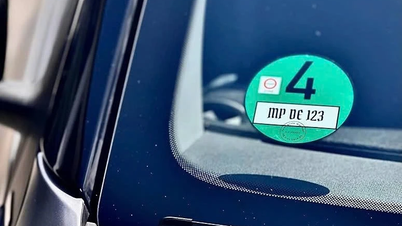
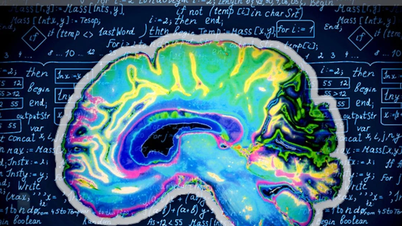
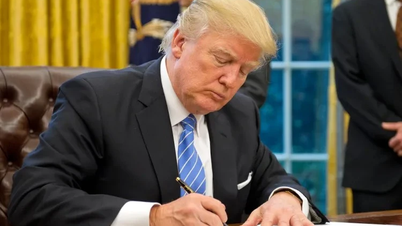
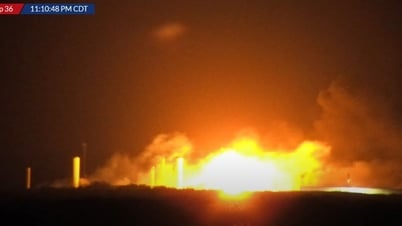









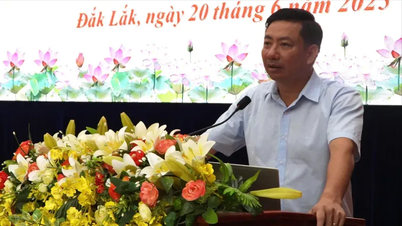

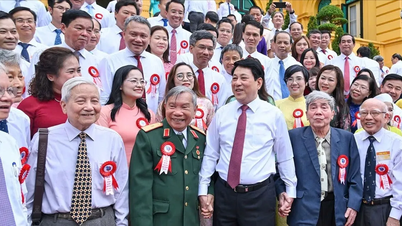
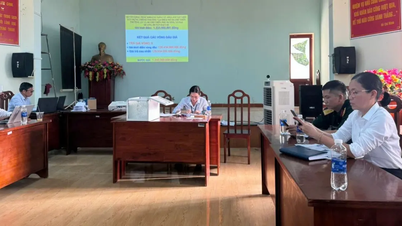

























![[Maritime News] Wan Hai Lines invests $150 million to buy 48,000 containers](https://vphoto.vietnam.vn/thumb/402x226/vietnam/resource/IMAGE/2025/6/20/c945a62aff624b4bb5c25e67e9bcc1cb)









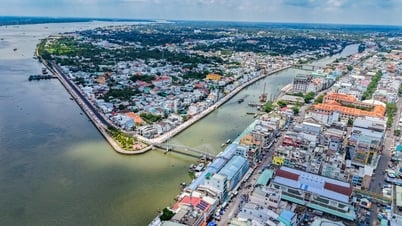

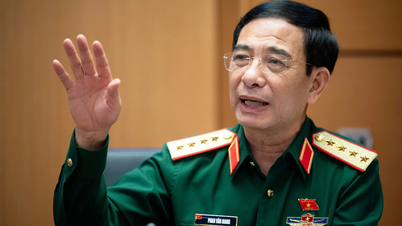





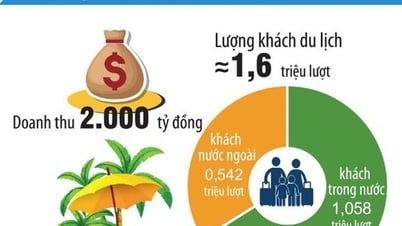




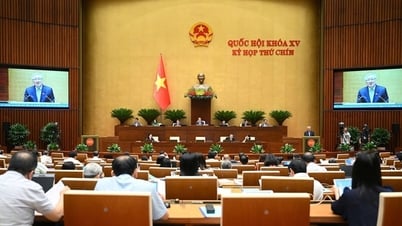







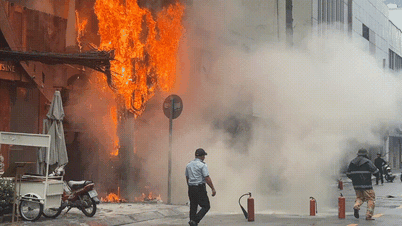














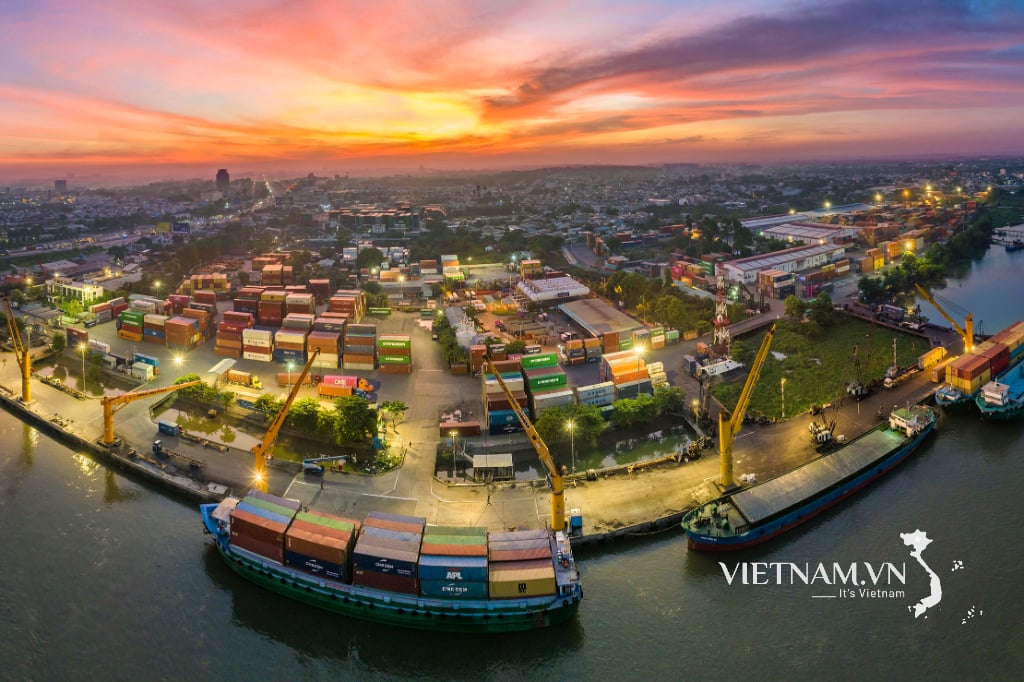
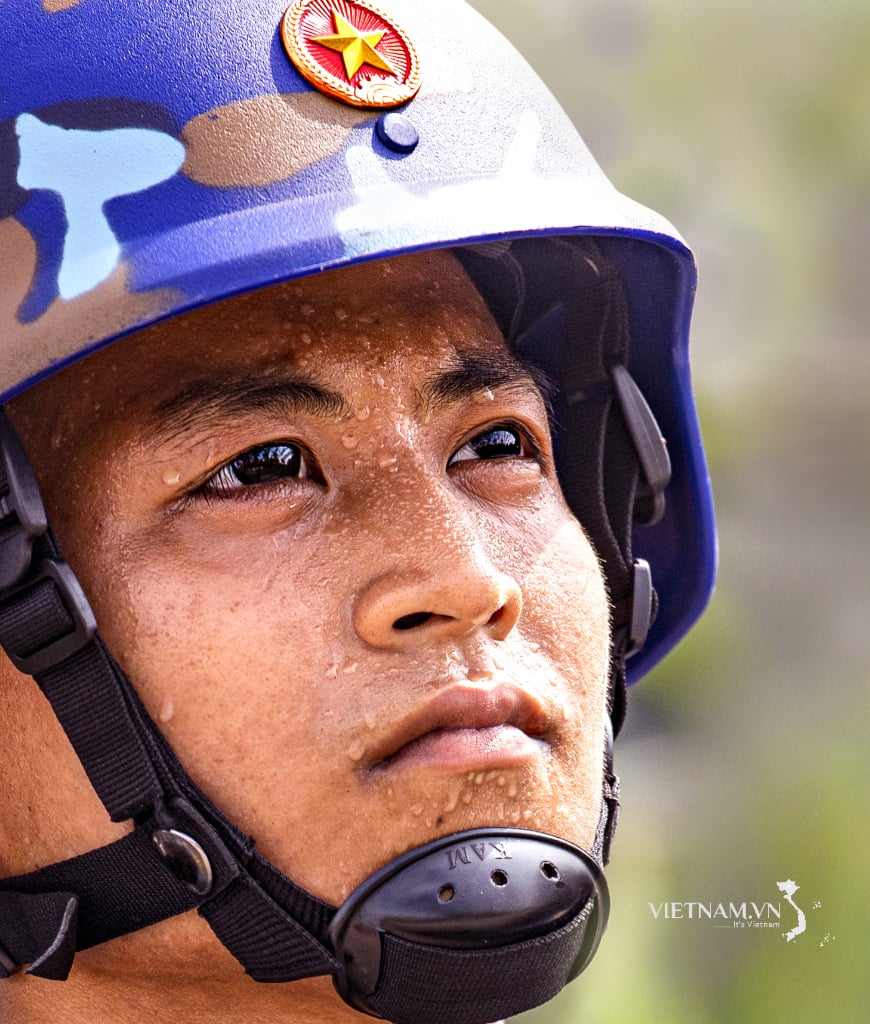
Comment (0)